Approximately fifteen million Americans, including one in every 13 children, are living with some type of food allergy. Food allergies can be life-threatening and should not be taken lightly. This has become more apparent in recent years and, if you have school-aged children, you’ve likely been warned more than once not to send peanut products or special birthday treats into school. The most common food allergens are milk, eggs, peanuts, tree nuts, soy, wheat, fish, and shellfish.
Allergies to specific foods occur when one’s immune system overreacts to a food protein that would otherwise be harmless. Those with a family history of food allergies are more prone as are those that have a tendency towards other allergies, like hay fever or seasonal allergies.
Reactions and Symptoms
Reactions can range from mild to severe. In fact, food allergy reactions send someone to the emergency room every three minutes. Symptoms typically appear within minutes to hours after exposure. Also, reactions can range in severity over time so be sure to take any kind of reaction seriously.
Mild symptoms to food allergies include: hives, eczema, itchy mouth or ear canal, nausea, vomiting, diarrhea, stomach pain, sneezing, or nasal congestion. Symptoms can be more severe and would include: trouble swallowing, chest pain, loss of consciousness, shortness of breath, or wheezing. These severe symptoms can lead to anaphylaxis and require immediate attention.
How to Manage
Though one’s specific food allergies, and the ways in which they react, can change over time, there is no actual cure for a food allergy. These simple tips can help in managing a food allergy:
- Pay attention to food labels and educate family members on how to identify harmful ingredients
- Keep allergens out of the house completely or separate safe and unsafe foods. Keep unsafe foods in one specific location in the house
- Thoroughly clean cutting boards, knives, and other kitchen utensils to avoid cross contamination
- Keep medications and epi-pens in multiple, but specific, places in the home, work, or school to ensure quick access
- When eating out, inform your server or chef of food allergies before ordering
- Wear a medical ID bracelet
If you or a loved one needs guidance and help with food allergy diagnosis and treatment, please do not hesitate to call us at 508-746-8977!

